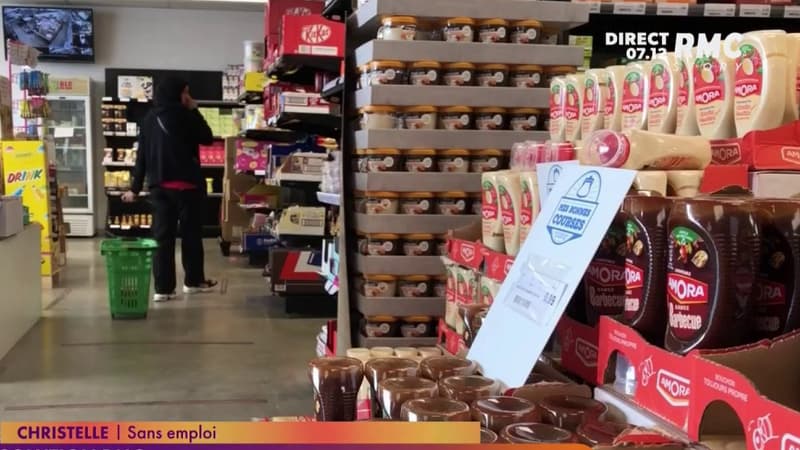Neither the health crisis, nor the war in Ukraine, nor the heat wave. None of these three factors has had as much impact on consumption in French households as the rise in prices. According to the Nielsen IQ “Situation and Consumption” study, inflation remains a major concern for one in two French people and is important to a greater number of households than global warming (43%), the war in Ukraine (32% ) or the health crisis (11%).
Still according to the study, inflation affects an additional 7 million French households this year to bring the total to 12 million or 41% of them. “These new vulnerable people are low-income or unemployed and live primarily in rural areas,” specifies Nielsen IQ.
Increase in value but decrease in volume
In general, the French bought less food in stores thanks to the reopening of restaurants after the coronavirus pandemic. In one year there has been a drop of more than 5% in the consumption of families in supermarkets, which in particular are abandoning hygiene and beauty products or even fresh products that are among the goods that register the greatest increases in consumption. prices in a year. .
Frozen meat is the product whose prices have risen the most with an increase of almost 25% in the last year, followed by pasta with just over 18% and then oil with around 15%. Therefore, it is not surprising that the turnover of consumer products and fresh self-service products increased by 1.6% in one year, while their consumption in volume fell by 1.7%.
Distributor brands are positioned
To counteract this sharp rise in prices, the French have rushed into promotions that already make up one in five sales. Likewise, white brands, on average 30% cheaper than the big brands, have increased their market share in “their emblematic categories, but also in certain inflationary categories” such as flour, eggs, legumes or even paper towel.
“If the summer was a shock in the consumption of seasonal products, during the rest of the year the number of French households weakened by inflation increased considerably, continues the specialist. They paid more attention to their expenses and looked for promotions to preserve their purchasing power Own brands have adapted to this new inflationary treatment, allowing them to gain market share, in their emblematic categories, but also in certain inflationary ones”.
At the level of large stores, Leclerc maintains its leadership position with more than 21% market share just ahead of Carrefour, which is close to 20%, while the Casino group concedes a strong decrease of 0.5 points between 2021 and 2022.
Source: BFM TV


